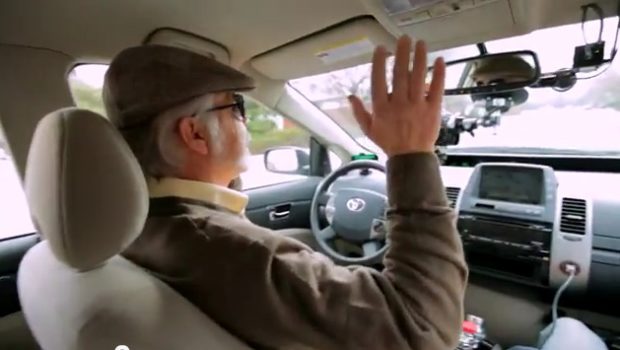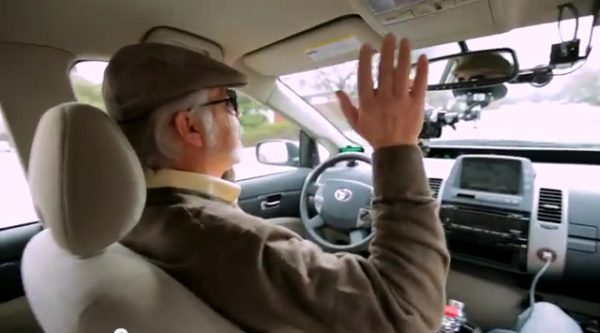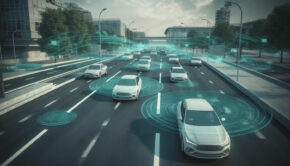Ways Driverless Cars Could Benefit Disabled People
According to research published in Huffington Post, there are now approximately 14 million disabled people living in the UK. This figure equates to more than 20% of the country’s 66 million inhabitants, but sadly, this large portion of society is grossly underrepresented. From a lack of employment opportunities to difficulty accessing transport, the needs and voices of those living with a disability often remain unheard.
While there is still more work to be done to support one fifth of the UK population, self-driving cars are being hailed by some as the solution to mobility. Packed with a range of technology, from lasers that can perceive obstacles before they can be seen, to sensors that track location, driverless vehicles have the potential to benefit disabled people.
Greater Independence
The creation of adapted cars provided more freedom to a huge number of disabled people, with companies like Allied Mobility able to modify vehicles in a range of ways, from adjusted steering to alternative braking systems. However, for many disabled people, driving is currently not an option, including those with a visual or hearing impairment, which can mean they can struggle to remain independent.
As such, one of the biggest advantages of driverless cars is the potential to provide a greater level of freedom. With no driver required, the majority of adaptions would only focus on accessibility, which could allow more disabled people to own a car and therefore, retain their independence.
Socialising Benefits
Last year, a report by disability charity Scope, highlighted the link between disability and loneliness. Shockingly, 85% of those aged 18-34 reported feeling lonely, with 45% saying they continually feel this way. Furthermore, this can have a knock-on effect on mental health, with almost two-thirds of respondents having experienced depression.
As such, the independence provided by an autonomous vehicle could also allow disabled people to spend more time outside of their homes, providing the potential to meet new people, socialise and form friendships. All of which could help to resolve chronic loneliness and positively impact quality of life.
While it may be some time before truly autonomous and fully driverless cars are on our roads – these are still being tested and as such, require a driver to be present who can take control of the vehicle should the systems fail. In the near future, self-driving cars could become a normal part of life and when this happens, they could be hugely beneficial to those with a disability.

















